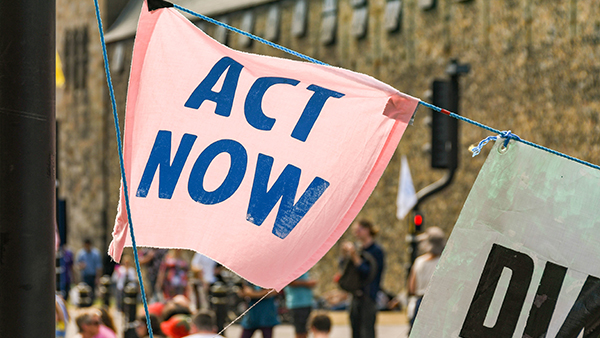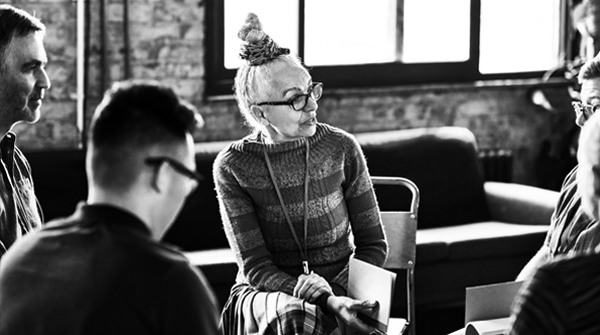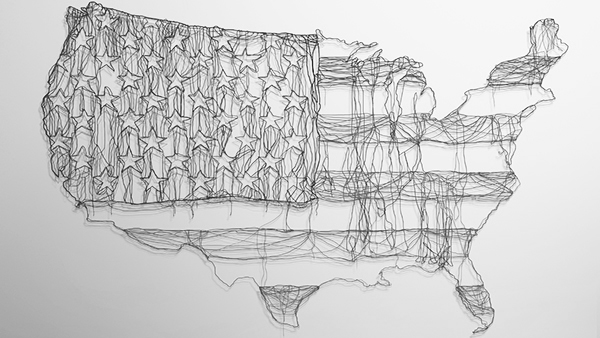Does the renewal of progressive politics require the political class to move beyond outdated and disabling assumptions about power and social change?
Like the current Labour party leadership contest, most discussions of how social democratic parties across Europe respond to their declining fortunes exhibit the assumptions that contributed to that decline.
The first is what I have called ‘the policy presumption’. The assumption here is that the main mechanism for delivering progressive change in society lies in the toolkit of traditional national policy making – taxes, laws, regulations, targets and earmarked spending programmes.
This focus on policy levers ignores the deeper question of the capacity of the society to change (its underlying resilience and adaptability) and the vulnerability of policy to the realities of social complexity and citizen reflexivity. As the thirty year history of ceaseless public service reform reveals, most policy fails and some of it fails disastrously. 
Of course, policy matters and good policy is preferable to bad, but the frame of traditional policy making is neither big enough to tackle issues of national purpose, strategy and capacity, nor small enough in the sense of engaging with the diversity of communities, the pace of social change or the subtleties of human motivation.
Alongside the policy presumption is a view of power as something that is won or lost in elections and then exercised over people. To this account a political party that has lost an election is powerless and largely pointless until it wins a subsequent contest.
This narrow perspective is blind to the true nature of social power; it is not simply bestowed by office, it can be created anywhere by anyone with ideas, commitment, love. Coming from those who define themselves as progressives, this power delusion is an egregious error. 
Even in their currently enfeebled state, the major political parties generally have several hundred paid up members in every Parliamentary constituency. If only a fraction of these people combined their skills and efforts they could make a major difference to their communities while at the same time exemplifying values of social idealism and mutual self help. As Margaret Mead famously said, "Never doubt that a small group of thoughtful, committed citizens can change the world; indeed, it's the only thing that ever has". Perhaps she could have added, 'never imagine that hundreds of thousands of determined but badly led people can achieve virtually nothing - it happens all the time'.
All this contributes to a third issue; the people problem - what progressives expect of their representatives and leaders. Together, the policy presumption and the power delusion mean that political vision, social insight, story-telling and the proven capacity to motivate and mobilise are seen as secondary concerns. What matters, we are told, is to craft policies that combine populism with risk avoidance, to control the Party’s hollowed out hierarchy and – with luck - to sneak an election victory despite, not because of, the national mood. The narrow experience leaders have within the system ends up counting for more than the experiences and achievements they have outside the system.
In conversations across Europe I hear people sharing similar frustrations: If progressivism involves a belief in the ability of all people to live what Roberto Unger calls the larger life – right now social democracy doesn’t seem very progressive. But, for two main reasons, there are few signs yet of change.
Because the policy presumption, the power illusion and the people problem are intertwined and mutually reinforcing they cannot be corrected by one off measures. One example was the Labour Party’s flirtation with community organising which was quietly abandoned on the grounds that it might mean helping communities challenge Labour Councils and MPs and that it took resources from what really mattered – getting out the vote. The Conservatives too, during David Cameron’s pre-office progressive honeymoon, encouraged candidates to be civic entrepreneurs but soon this either faded or became little more than a fundraising device for traditional campaigning.
Also, a root and branch critique of political method can sound too abstract and complex. In the face of failure it is easier to latch onto a simple explanation like the personality of the leader, an inability to engage a subset of the electorate or the absence of precisely the right policies.
How might an alternative be winningly expressed? Ghandi’s ‘be the change you wish to see in the world’ is pretty good, but it’s worn thin through overuse and also prioritises personal redemption rather than organisational transformation. An alternative might be 'To take power, make power!'.
For any organisation reforming its model of change is never easy. Here at the RSA we work day and night to develop a compelling and subtle model of impact; one which can inspire our partners and mobilises our Fellows. It can be frustrating: the same people who rail against the outdated and brittle models of change often back away from experiments in doing things differently. But while ultimately I am confident the RSA will become ‘the kind of organisation the 21st century needs’, it is much less clear to me that the existing institutions of progressive politics have the imagination or will to reinvent themselves.
Related articles
-
The public are ready to go further and faster on net zero
Anthony Painter
The public are ahead of policy-makers and, indeed, most of the business world. COP26 is an enormous opportunity to catch up. Global leaders should take it.
-
Can progressives ever stop the in-fighting?
Matthew Taylor
Biden's victory has caused the left and moderates to fracture again.
-
Can President Biden bring America together again?
Anthony Painter
There is a long road ahead for the new president.




Join the discussion
Comments
Please login to post a comment or reply
Don't have an account? Click here to register.
Problem for Left is that there is no money left and tax and spend is no longer an option. Likewise borrowing. Therefore should leave the Money field and move onto Power. Refocus on redistributing Wealth to redistributing Power. All else will follow..Of course this requires great self-sacrifice on behalf of parties of left - turkeys/Christmas etc But would be noble...and popular...Athenian Democracy 2.0...